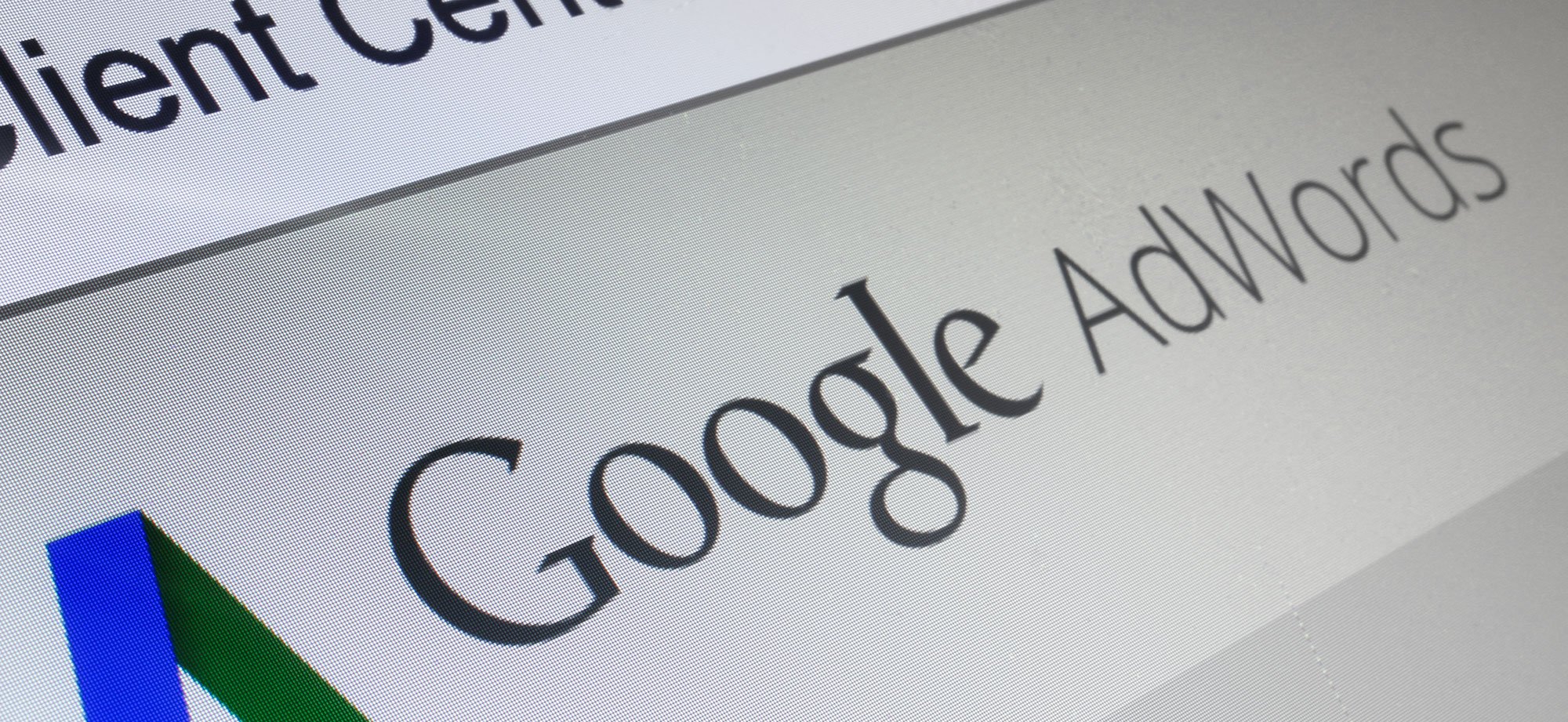One of the most important things to check at least once a week are what search terms are being triggered by your keywords. You can get a partial list of search terms by navigating to a specific Adgroup in Adwords, clicking on the Keywords tab and selecting Search Terms from the sub-navigation.
Auditing search terms
Setting the date range depends on when you last examined this data. Like I mentioned above, this is a weekly process, so the Last 7 days is ideal. If this is your first time checking search terms and the campaign has been running for a while, stick to a range that’ll be feasible to audit based on how many search terms there are.
Typically, I sort this list by number of clicks because it gives me a good idea of what is spending money. From this search term list, carefully go through each one and identify which ones are relevant and which ones are junk.
Junk terms involve locations that are outside your range of business, the competition’s brand or words that have nothing to do with your products or services.
Creating a negative keyword list
Copy each junk term into a list in a word processor or excel (I use notepad). Once all the junk terms are compiled in a list, try and identify phrase patterns. A common search term pattern is the question. “What is…”, “what are…”, “who is…”, “how to…” etc. Grouping like search terms will allow you to efficiently negative them out, while also preventing similar terms from triggering your ads.
As an example, consider the following list of search terms:
“What is a dentist’s salary?”
“What is a good dental school?”
“What is a dental implant?”
Each contain the phrase “what is”. Instead of adding the negative keywords individually, you can just add “what is” as a phrase match negative keyword to save time and potentially prevent similar search terms from showing up again.
Auditing keywords
While search terms can be added to a negative list, it’s a good idea to check if most of those junk terms are coming from a single keyword or a small group of keywords. If this is true, then the keyword itself may have to change.
Google will do its best to return relevant results based on a keyword, but those results aren’t always perfect. Sometimes words get associated that have nothing to do with each other, or are outside the scope of your business.
If you’re a dentist, the keyword dentist may seem like a no-brainer. But if left in a broad match state, search terms like: “dental school”, “dentist’s salary”, “how to become a dentist” are eligible to show your ads and potentially waste ad spend. Try looking at the good search terms that make it through like: “dental offices in Chicago”, “Chicago dentist”, “dentists near me”, and start using those as your new phrase match keywords.
If you have questions on the different types of keyword match types you can utilize, check out this guide.
Image credit: Mon's Images / Shutterstock.com
